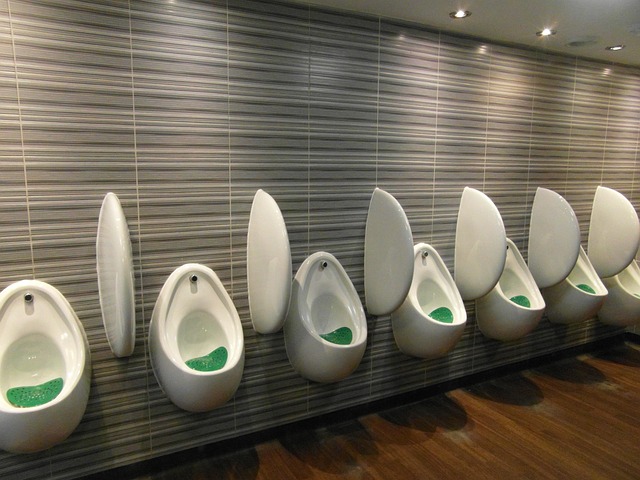Benign prostatic hyperplasia (BPH) is one of those conditions that creeps up with age and quietly causes a whole bunch of problems—especially when medications make it worse. A patient might come in complaining of frequent urination, a weak stream, or feeling like they can’t quite empty their bladder. Dig into their med list, and sure enough, you’ll often find a culprit.
First-Generation Antihistamines
A patient with seasonal allergies or insomnia grabs something over-the-counter like diphenhydramine or chlorpheniramine, and suddenly their BPH symptoms flare up. If you are looking for the prescribing cascade, you’ll notice that Flomax is added or increased, or a 5-alpha reductase inhibitor is started. Antihistamines reduce parasympathetic activity, making it harder for the bladder to squeeze (excellent board exam nugget). If they already have obstruction from an enlarged prostate, you can see how this becomes a problem.
Decongestants
Pseudoephedrine can help a stuffy nose, but it is not so great for a man with BPH. These drugs stimulate alpha-1 receptors in the bladder neck and prostate, which increases smooth muscle tone and makes it harder to urinate. In addition to worsening BPH, I’ve seen pseudoephedrine contribute to hypertension, insomnia, and anxiety. Minimize the length of therapy if possible with pseudoephedrine.
Tricyclic Antidepressants
TCAs hit BPH from multiple angles—anticholinergic effects, sedation, and even some alpha receptor activity. It’s not uncommon for older patients to be prescribed low-dose TCAs for sleep or nerve pain, but the urinary side effects can be overlooked. One thing I often stress to providers and pharmacists: if your patient is struggling with urination and on a TCA, consider whether that med is still necessary or at least could be reduced.
Antipsychotics
Some older antipsychotics like chlorpromazine have anticholinergic properties that can lead to urinary hesitancy and retention. Many clinicians don’t recognize the fact that antipsychotics can have these properties and contribute to the signs and symptoms of BPH. Even some of the 2nd generation agents can have some anticholinergic activity. So consider this class as a potential contributor if symptoms worsen.
Muscle Relaxants
Muscle relaxants can worsen benign prostatic hyperplasia (BPH) symptoms in some patients, particularly those with significant urinary retention or bladder outlet obstruction. While not all muscle relaxants directly impact the prostate, several can have anticholinergic, sedative, or smooth muscle–relaxing properties that impair bladder emptying. The two that I see most commonly in practice are cyclobenzaprine and methocarbamol. Similar to decongestants, try to use these medications for as short a time as possible.
If you’re working with an older male patient who suddenly develops worsening urinary symptoms, don’t forget to check for these classes. Often, the solution isn’t another med—it’s removing the one causing the problem.
- 30 medication mistakes PDF
- 18+ Page Drug Interaction PDF
- 10 Commandments of Polypharmacy Webinar based on my experiences in clinical practice



0 Comments